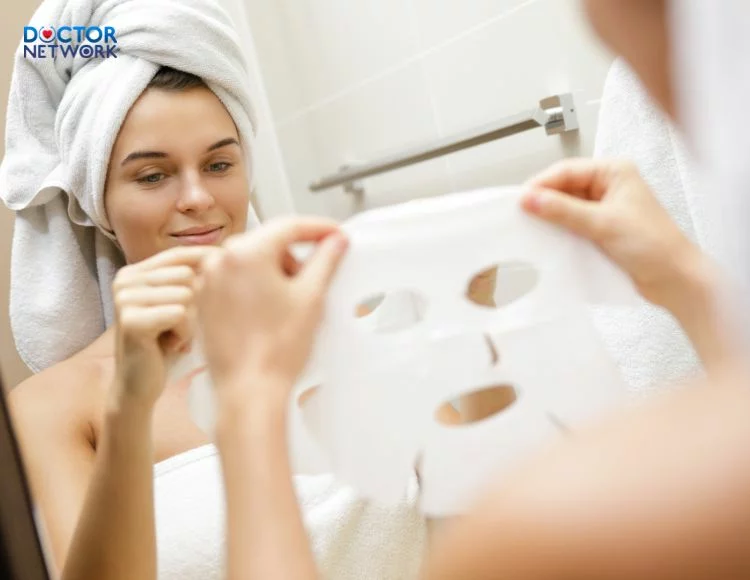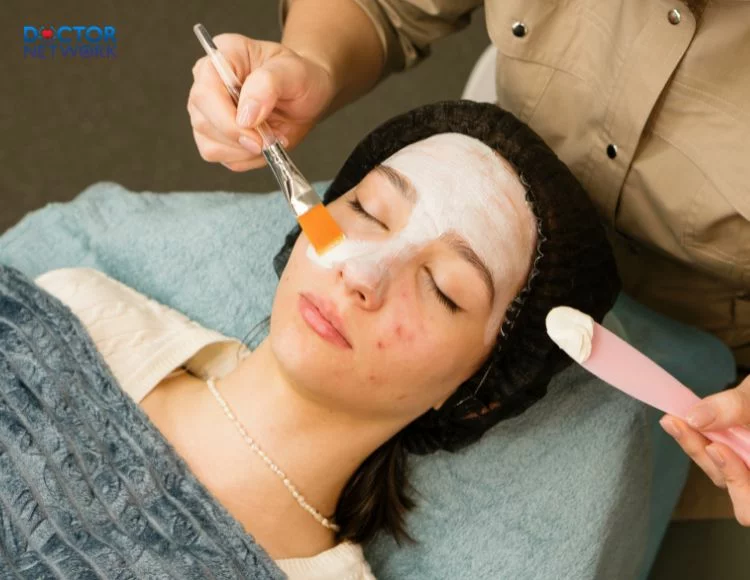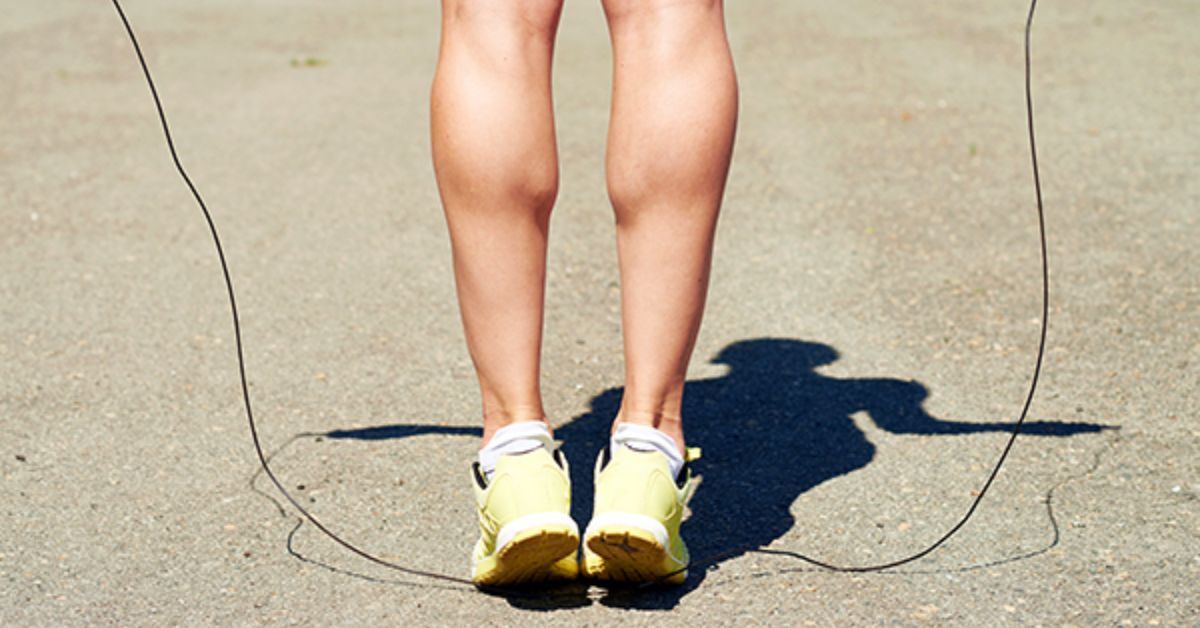Applying a face mask is an essential part of daily skincare routine. However, a common question that arises during this process is, “should I wash my face after using a face mask” This question not only reflects users’ need for information on how to use the product most effectively but also concerns about maintaining skin balance and health after skincare. In this article, we will delve deeper into this issue, providing a scientific and detailed view on whether washing your face after using a face mask is necessary and factors to consider for optimal skincare results.
Understanding Different Types of Face Masks
In today’s modern skincare world, face masks act as essential “elixirs”, designed to quickly and effectively address specific skin needs. There is a wide variety of face masks on the market, each serving a different purpose and developed based on scientific research in dermatology and cosmetology.
- Sheet Masks: These convenient masks are often soaked in serums containing moisturizing, brightening, and skin-renewing agents. They are easy to use and suitable for quick skincare needs.

These convenient masks are often soaked in serums containing moisturizing, brightening, and skin-renewing agents
- Clay Masks: These masks contain mineral-rich ingredients that absorb excess oil and sebum, deep clean pores, leaving the skin clean and clear. They are especially suitable for oily and combination skin types.
- Moisturizing Masks: Designed to provide a large amount of nutrients and hydration to the skin, leaving it soft, smooth, and minimizing dryness. Ideal for dry or dehydrated skin types.
- Sleeping Masks: These are designed to be used overnight, allowing the skin to absorb nutrients effectively during rest, resulting in fresh and revitalized skin in the morning.
The decision of “should I wash my face after using a face mask” depends on the type of mask and its ingredients. For example, after using a clay mask, washing your face with water is essential to completely remove impurities and product residues. Conversely, with sheet masks or moisturizing masks, it may not be necessary to wash your face afterward; instead, you can gently pat the remaining essence into the skin.
Understanding the types of masks and their effects on the skin will help users make informed decisions about whether to wash their face after using a mask, thereby optimizing skincare benefits without losing valuable active ingredients absorbed by the skin.
Effects of Face Masks on Different Skin Types
Should I wash my face after using a face mask? Choosing and using the right face mask for your skin type is crucial for ensuring effective skincare and avoiding unwanted reactions. Here’s an analysis of the impact of using face masks on different skin types and notes on possible skin reactions.
- Oily Skin: People with oily skin often have enlarged pores and excessive oil production, leading to clogged pores and acne formation. Clay masks and activated charcoal masks are good choices for this skin type as they can absorb oil and remove sebum, helping to control oiliness and deep clean the skin.
- Dry Skin: Dry skin needs high levels of moisture to address dehydration and flakiness. Moisturizing masks, masks containing hyaluronic acid, and sleeping masks are ideal choices, providing deep hydration and nourishing the skin, reducing dryness and cracks.
- Combination Skin: Combination skin is characterized by oily T-zone and dry skin in other areas. Using multi-purpose masks or combining different types of masks for specific skin areas can yield the best results.
- Sensitive Skin: Sensitive skin requires special care to avoid irritation, redness, and allergic reactions. Masks containing gentle natural ingredients like aloe vera and chamomile are good choices. Care should be taken when washing the face to remove any potential irritants.
Skin Reaction Notes: Adverse reactions may include redness, itching, rashes, or a burning sensation. If any symptoms occur after using a mask, it’s important to stop using it immediately and rinse the face with cool water.
In conclusion, should I wash my face after using a face mask depends on the type of mask, your skin type, and the specific purpose of using the mask. Making the right choice and using masks correctly will help optimize the benefits for each skin type while minimizing the risk of unwanted reactions.
Proper Use of Face Masks
Using a face mask is an important part of skincare routine. To ensure you get the maximum benefits from it, it’s crucial to follow the instructions correctly, including the time to leave the mask on and whether to wash your face afterward.
Duration of Mask Application
The time you leave the mask on your skin is crucial for its effectiveness. This time is usually specified on the product packaging and should be strictly followed. For example, clay masks can dry out and tighten the skin if left on for too long, while moisturizing masks can be left on overnight without causing harm.
Do You Need to Wash Your Face After Using a Mask?
- Clay Masks and Cleansing Masks: These types usually require washing your face afterward to completely remove impurities and product residues, ensuring unclogged pores and non-drying skin.

These types usually require washing your face afterward
- Moisturizing Masks and Sleeping Masks: For these types, washing your face may not be necessary. You can gently pat to let the remaining nutrients absorb deep into the skin or leave them on overnight to enhance moisturizing effects.
- Sheet Masks: After using a sheet mask, you can remove it and gently pat the remaining essence into the skin. Washing your face may not be necessary if you feel the skin has absorbed enough nutrients.
If you feel your skin is oily or sticky after using a mask, using a small amount of gentle facial cleanser to clean the skin can be an option. However, for those with sensitive skin, this should be done carefully to avoid irritation.
In summary, whether to wash your face after using a mask depends on various factors, including the type of mask, your skin type, and the specific skincare goals. Making the right choice will help optimize skincare benefits without harming the skin.
Benefits and Drawbacks of Washing Your Face After Using a Mask
Benefits
- Removal of Residue: Washing your face helps remove residue from the mask, especially clay or cleansing masks, preventing pore blockage.
- Clean Feeling: Washing your face gives a clean, fresh feeling to the skin, especially as using masks containing oils or sebum.

Washing your face gives a clean, fresh feeling to the skin, especially as using masks containing oils or sebum
- Stimulates Circulation: Gentle massaging while washing can stimulate blood circulation, improving skin tone and brightness.
Drawbacks
- Loss of Nutrients: For moisturizing masks or sleeping masks, washing your face can remove valuable nutrients that the skin hasn’t fully absorbed.
- Risk of Irritation: Washing too vigorously after using a mask can cause irritation, especially for sensitive skin types.
Specific Recommendations for Each Type of Mask
- Clay Masks and Cleansing Masks: Wash with warm water afterward to completely remove residues, ensuring unclogged pores.
- Moisturizing Masks and Sleeping Masks: Not necessarily to wash afterward; instead, gently pat to let the nutrients absorb into the skin.
- Sheet Masks: After removing the mask, gently pat the remaining essence into the skin. Only wash if the skin feels too oily or sticky.
Some Related Studies about “should I wash my face after using a face mask”
Here are some related studies about “should I wash my face after using a face mask“:
Overnight Sleeping Mask: The overnight sleeping mask is designed for overnight use to nourish the skin while sleeping. Therefore, there is no need to wash the face after applying the overnight sleeping mask. TheFaceShop
Gel/Thal Mask: Gel/thal masks often contain moisturizing ingredients, making the skin soft and smooth. The nutrients in gel/thal masks are easily absorbed into the skin, so there is no need to wash the face after applying. Bach Hoa Xanh
Collagen Mask: Collagen masks have anti-aging effects. The collagen in the mask is usually easily absorbed into the skin, so there is no need to wash the face after applying. AvaKids
In conclusion, “should I wash my face after using a face mask” is dependent on many factors. Choosing correctly and using the right skincare regimen afterward can optimize the benefits of the mask and maintain healthy skin.
References:
https://knesko.com/blogs/facial-masks/do-you-wash-your-face-after-a-face-mask
https://www.popsugar.com/beauty/should-i-wash-my-face-after-face-mask-44754093
Kiểm Duyệt Nội Dung
More than 10 years of marketing communications experience in the medical and health field.
Successfully deployed marketing communication activities, content development and social networking channels for hospital partners, clinics, doctors and medical professionals across the country.
More than 6 years of experience in organizing and producing leading prestigious medical programs in Vietnam, in collaboration with Ho Chi Minh City Television (HTV). Typical programs include Nhật Ký Blouse Trắng, Bác Sĩ Nói Gì, Alo Bác Sĩ Nghe, Nhật Ký Hạnh Phúc, Vui Khỏe Cùng Con, Bác Sỹ Mẹ, v.v.
Comprehensive cooperation with hundreds of hospitals and clinics, thousands of doctors and medical experts to join hands in building a medical content and service platform on the Doctor Network application.

























